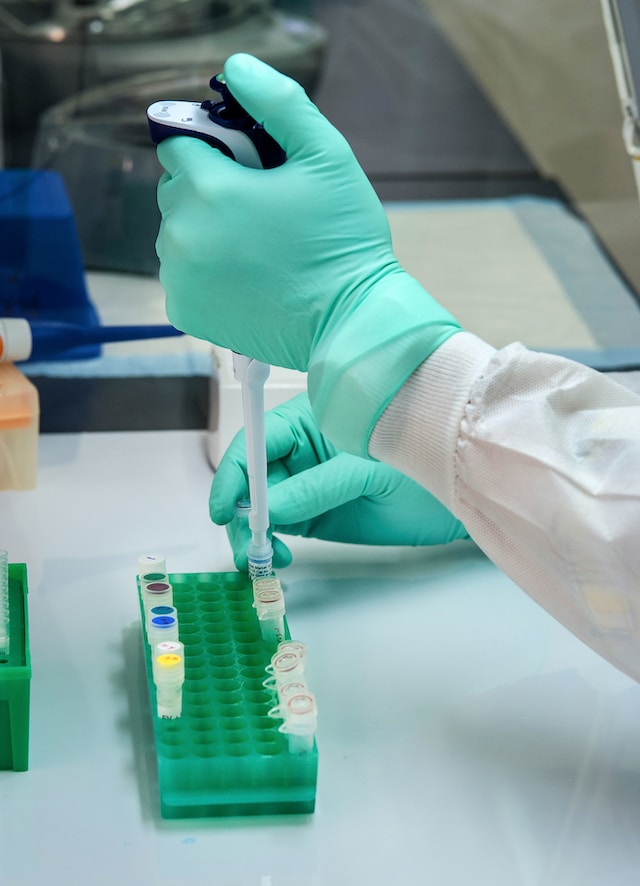Biotechnology continues to make positive strides in all aspects of modern healthcare. In recognition of National Wellness Month, here are seven ways that biotech is influencing and improving wellness as we know it today.
1. Precision diagnostics
Diagnostic tools, such as genetic tests and the use of biomarkers, allow for early detection and intervention of specific diseases. Precision or personalized medicine involves the utilization of an individual’s genetic profile in order to enhance the effectiveness of treatment, reduce potential side effects, and tailor options for prevention.
2. Nutrigenomics
Combining biotechnology and nutrition offers the opportunity to investigate the impact between genetic variations and specific nutrients. The benefit of this interaction may provide personalized dietary recommendations with a goal for health and wellness optimization.
3. Gene therapy
Gene therapy involves the modification of an individual’s genes to treat and prevent disease. Gene-editing techniques, such as clustered regularly interspaced short palindromic repeats (CRISPRs), transcription activator-like effector nucleases (TALENs), and zinc-finger nucleases (ZFNs), offer the potential to correct mutations responsible for a variety of life-altering conditions.
CRISPR/Cas9 is an efficient and customizable technique that is programmed to target a specific portion of genetic code in order to edit DNA at a precise location. CRISPR-Cas is considered both a therapeutic and a diagnostic tool. It is being used to correct genetic variants with the intention of correcting genetic diseases, such as inherited eye diseases like Leber congenital amaurosis. CRISPR-facilitated detection is also used to diagnose SARS-C0V-2.
4. Stem cell therapy
Current research within biotech includes regenerative medicine, incorporating stem cells, which are specialized cells in the body that have the ability to develop into a variety of other cell types. They can be harvested from blood, bone marrow, and placental cord blood or grown in a lab and manipulated into a specific cell type.
Outcomes show a great deal of promise in replacing cells damaged by chemotherapy or illness. Researchers are also focusing on directing embryonic cells to specialize into other cells, such as heart cells to treat heart failure or neural cells to reverse paralysis secondary to injury or stroke. The impact this therapy would have on potentially debilitating conditions is significant.
5. Microbiome research
The gut microbiome is known to play a vital role in health maintenance. It is made up of trillions of microorganisms and has become a popular area of research, as it is known to participate in control of both gastrointestinal and extra-gastrointestinal functions. Advancements in microbiome research will broaden our understanding of its function, as well as its impact on health and wellness.
6. Biopharmaceuticals
Biotech has been integral in the drug development field with the evolution and advancement of biopharmaceuticals ranging from monoclonal antibodies to vaccines. Vaccines, in particular, play a crucial role in global wellness by reducing and/or eliminating potentially significant infectious diseases.
7. Machine learning
The healthcare industry is evolving with integration of machine learning using artificial intelligence as a diagnostic tool. AI has the ability to assimilate and analyze large amounts of data to improve disease prevention and detection in an evolving clinical environment.




